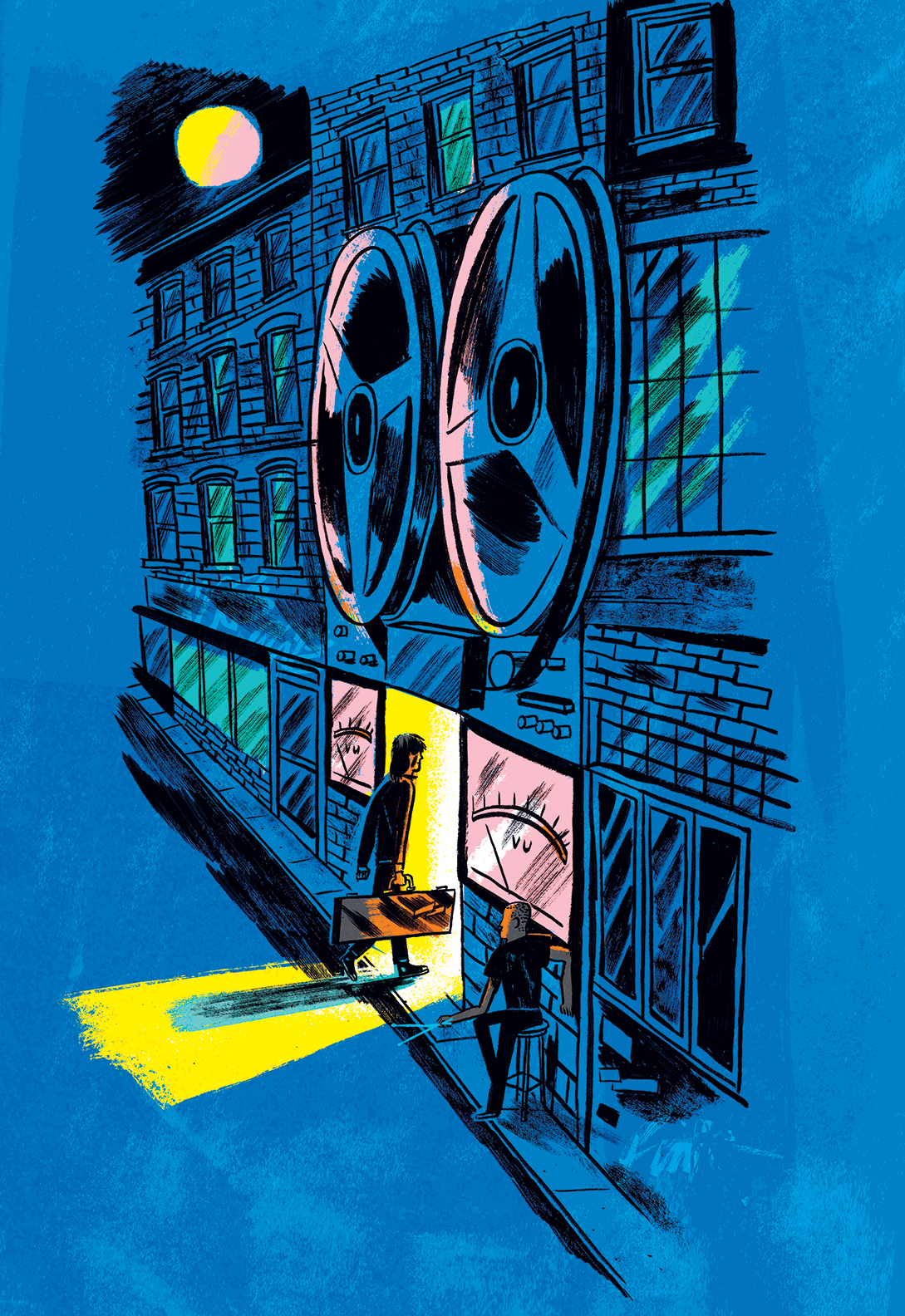This is a very cool, free piece of software that implements a modular software synthesizer. If that’s all there was to it, I doubt I’d bother writing this review, as there are tons of modular synth emulations. What makes this so cool is that it’s written in a musical programming environment called Pure Data (Pd). Pd is a visual programming language created by Miller Puckette, who was the original developer of Max when he was at IRCAM. Over the years, Max has grown into a rich ecosystem of libraries and external objects, with its core program and API maintained by Cycling ‘74, a company recently purchased by Ableton. Pd is superficially similar to Max, but Pd is an open source project, so there are now tons of extensions available beyond its original code. It’s also really cool in that it runs on just about any platform — Windows, GNU/Linux, Android, iOS, and of course macOS. The downside of Pd is that it is deep and a bit intimidating — and that’s why Automatonism is so great. It’s like a starter course in Pd, with 67 modules that emulate modular synth functions that are ready to go, with no programming needed. It’s super easy and intuitive to use — easier than some commercial soft synths I’ve tried. And it’s free! Installation is super easy, and the program is very lean in terms of size and CPU usage. What’s not to like? Well, my only slight complaint is that Automatonism has no baked-in method to process external audio. I emailed the support contact, and one day later, developer Johan Ericksson got back to me and explained how easy it is to add an external audio input in Pure Data. “It is really really simple to implement in Pd, in case you want to try some stuff out. Just create a new object called [adc~ 1], and that is the audio input from channel one on your soundcard, which you can connect anywhere in the system.” I tried it, and it worked perfectly! This is a great introduction to visual, musical programming languages, and it’s a lot of fun. And, as I’ve said twice before, it’s free, so what have you got to lose?
Plug-Ins, Software, Synthesizers | No. 158
PolyMAX Synth Plug-in
by Dave Hidek
Universal Audio (UA) is one of the giants of the plug-in world, and their emulations of classic analog gear are among the most hallowed. With the release of their PolyMAX synth, UA is showing...




_disp_horizontal_bw.jpg)